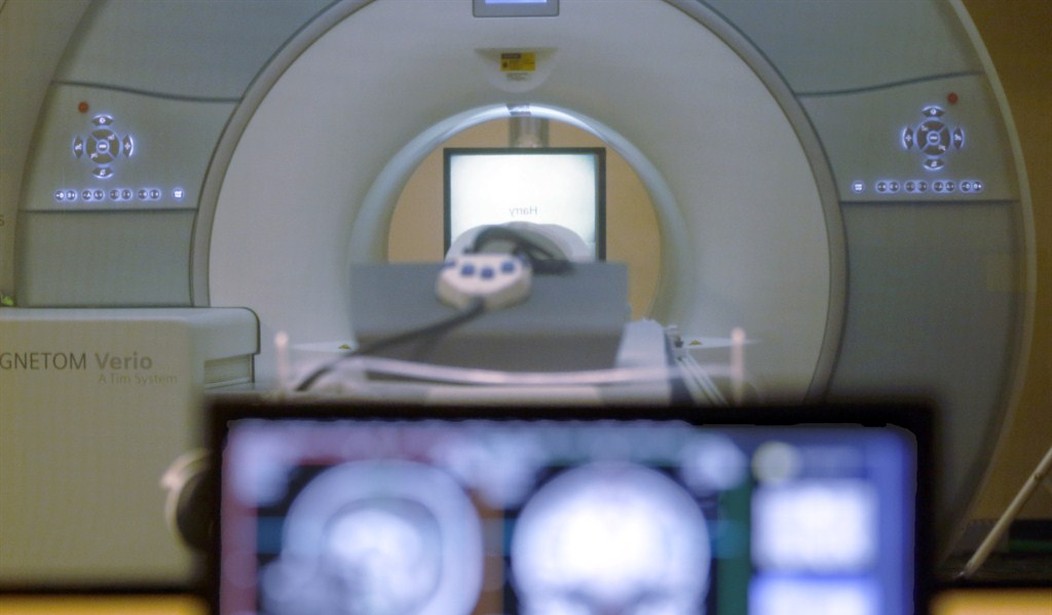Dementia of various kinds, particularly Alzheimer’s disease, is on the rise and shows no signs of abating as the Baby Boomer population reaches old age.
The causes are likely multifold and intertwined, but the myriad chemical assaults we face in the environment, combined with more social isolation than ever before in human history, certainly isn’t helping.
All signs, in fact, point to an impending boom, as it were, in the disease burden.
Related: Little-known Southeast Asian Herb Boosts Testosterone Naturally
A brief primer on the challenge we’re facing.
Via Population Reference Bureau (emphasis added):
As the large baby boomer population ages, the total number of people with dementia will rise. Estimates vary, but experts report more than 7 million people ages 65 or older had dementia in 2020. If current demographic and health trends continue, more than 9 million Americans could have dementia by 2030 and nearly 12 million by 2040…
Adults ages 70 and older with dementia received more than twice as many hours of monthly care on average than adults without dementia: 171 hours versus 66 hours…
When analysts put a monetary value on unpaid caregiving, the economic costs of dementia in the United States totaled an estimated $305 billion for 2020 and are projected to increase to $1.5 trillion by 2050.
In short, dementia in all forms is a major public health issue, exacting a huge human toll and dragging the economy into the gutter — and pharmaceutical-based allopathic (MD) medicine has proven to be an abject failure at treating it.
In fact, there is no current effective treatment for Alzheimer’s or multiple other forms of dementia using the conventional drug model that dominates the healthcare industry — dominant because it is lucrative, not because it is effective. The best drug companies have been able to prove is a modest reduction in the progression of symptoms.
Anyway, a pair of recent breakthroughs may confer some hope beyond the well-trod pharmaceutical path, the first being a kind of jujube long used in Chinese medicine, and the second being menthol, believed to work by inhibiting chronic inflammation in the brain.
Via Earth (emphasis added):
A dedicated group of researchers in the Graduate School of Medicine at Osaka Metropolitan University is making promising strides in the search for new solutions [to dementia]…
The researchers focused on the dried seeds of Ziziphus jujuba Miller var. spinosa, a type of jujube that is widely used in traditional Chinese medicine.
The team administered hot water extracts of the dried seeds to mice with various diseases – including Alzheimer’s, frontotemporal dementia, Parkinson’s disease, and dementia with Lewy bodies.
Remarkably, the researchers discovered that the treatments resulted in significant restoration of cognitive and motor functions.
Even more intriguing was when these seeds were crushed into a powder form and given to the model mice. The cognitive function of these mice improved to a level exceeding that of the control group.
The effects didn’t stop there. The powders also seemed to suppress cellular aging in older mice and boosted their cognitive functions to match those of their younger counterparts.
Related: WATCH: Biden's Latest Alzheimer's Moment Is Actually Very Sad
The wild part about the menthol-Alzheimer’s connection demonstrated in recent research is that it relies solely on the inhalation of the organic compound— no pill, no injection. Perhaps, something about the mere sensing of menthol by the olfactory nerves triggers a therapeutic physiological response.
Via Science Alert (emphasis added):
A recent study found something strange: When mice with Alzheimer's disease inhale menthol, their cognitive abilities improve.
It seems the chemical compound can stop some of the damage done to the brain that's usually associated with the disease.
In particular, researchers noticed a reduction in the interleukin-1-beta (IL-1β) protein, which helps to regulate the body's inflammatory response – a response that can offer natural protection but one that leads to harm when it's not controlled properly…
In mice with Alzheimer's, the course of menthol for a six-month-long period was enough to stop the cognitive abilities and memory capabilities of the mice from deteriorating. In addition, it appears menthol pushed the IL-1β protein back to safe levels in the brain.
Obviously, these are both mice studies, so further research would be needed to confirm any benefit in humans.










